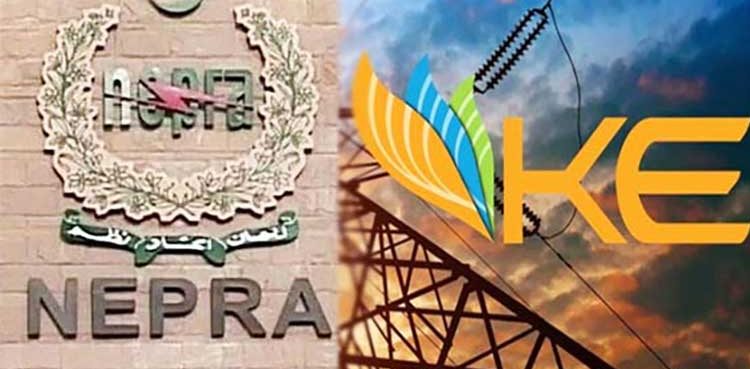Islamabad: The situation with K-Electric (KE) and its claims of Rs76 billion write-offs is stirring up a lot of controversy, and it’s understandable why.
The main points of contention seem to revolve around billing accuracy, financial transparency, and the potential burden on consumers.
1. Write-off Claims and Dispute Over Recovery:
-
K-Electric is claiming that they’ve been unable to recover about Rs122.8 billion in revenues from consumers over the 2017-2023 period. They want to write off Rs76 billion of this as unrecoverable losses.
-
This write-off was initially reported as Rs68 billion in December, which was later revised upwards to Rs122.8 billion by January.
-
It appears the utility has been using these figures as the basis for future tariff increases that would be passed on to consumers.
2. Nepra’s Scrutiny and Forensic Audit:
-
Nepra (National Electric Power Regulatory Authority) raised concerns over the reliability of the auditor’s verification of these unrecoverable bills.
-
It seems there’s skepticism about the accuracy of the reported losses, especially given the size of the claims.
-
Jamaat-i-Islami’s Imran Shahid and others have alleged that these write-offs are based on “fake, bogus, and fraudulent billing”—producing evidence of disproportionately high bills (for example, a Rs30 million bill for a 1 kW connection).
-
This raises red flags about how K-Electric is calculating and verifying its loss recovery, with some asking for a forensic audit to investigate the details further.
3. Impact on Consumers:
-
Local consumers, particularly in Karachi, are strongly resisting any tariff increases that would cover these write-offs, arguing that honest consumers who have paid their bills regularly should not bear the cost of unrecoverable amounts from others.
-
Tanveer Barry from the Karachi Chamber of Commerce & Industry (KCCI) pointed out that KE has already benefited from a Rs800 billion tariff differential subsidy (TDS) since privatization, yet load shedding continues, and there’s no apparent improvement in recovery efforts from consumers.
-
He expressed frustration that businesses will bear the brunt of higher electricity costs if these claims are approved.
4. Legal and Ethical Concerns:
-
Section 64A of the Limitation Act is also being invoked, stating that the recovery of bad debts beyond three years is not permissible.
-
This would suggest that the seven-year-old claims KE is pushing for are likely illegal, adding another layer of complexity to the case.
-
On the other hand, some have argued that approving such write-offs would help maintain the financial stability of K-Electric, ensuring the utility continues to operate and is seen as a viable business for privatization in the future.
Read More: Karachi Electricity Consumers Set to Receive Major Relief in Power Bills
5. Political and Industrial Reactions:
-
The issue has sparked significant backlash from political representatives and industrial sectors in Karachi, who are asking for a thorough investigation into the claims, fearing the burden on the public would be too high.
-
Some political representatives from Islamabad and Lahore, however, have supported KE’s case, focusing on the need to ensure that prudent costs are cleared to maintain investor confidence.
Key Takeaways:
-
There’s deep division over how K-Electric should handle its financial losses, especially when it involves passing the burden onto regular consumers through higher tariffs.
-
The lack of transparency and credibility in the billing process, as well as the questionable financial practices surrounding write-offs, has led to calls for forensic audits and greater scrutiny.
-
On the other hand, there are those who argue that K-Electric needs financial stability to maintain operations and service, especially for a future privatization process, and that some write-offs may be necessary for long-term sustainability.
Also Read: K Electric Discount Programme: Relief for Citizens
Moving Forward:
The next steps will likely involve:
-
A forensic audit into the billing practices and write-offs claimed by KE.
-
Nepra’s final decision on whether these write-offs are justified, and if so, how they will be recovered from consumers.
-
Discussions about alternative financial solutions for KE to reduce reliance on tariff hikes while ensuring it stays solvent. Story by AHmed Mukhtar.
